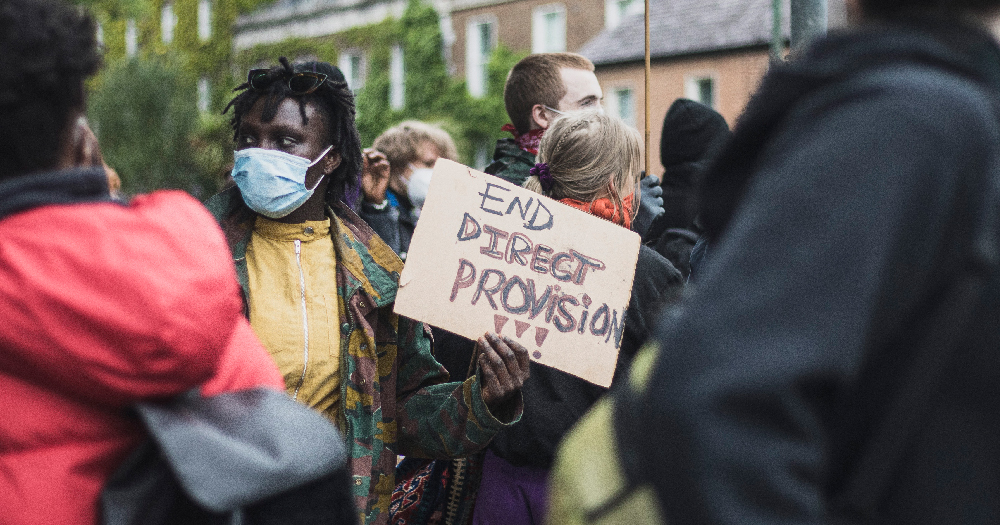In the Programme for Government deal between Fianna Fail, Fine Gael and the Greens, they commit to ending the system of Direct Provision within the lifetime of the next government.
Abolishing Direct Provision was one of the demands from the Green Party and the programme for government reportedly states: “We are committed to ending the Direct Provision system and will replace it with a new international protection accommodation policy centred on a not for profit approach.”
A white paper on getting to the international protection process will be outlined before the year-end and will be informed by the current review into the system being carried out by Catherine Day.
The three parties have agreed upon several short-term procedures for the system which includes extra resourcing to speed up the application process and a reduction in the time asylum seekers must reside in Ireland before being able to work from 9 months to 6 months.
Asylum seekers will also have better access to driver’s licenses, improved mental health services and vulnerability assessments and better training for management in Direct Provision centres.
The announcement has been welcomed by campaigners who are eager to see the system abolished but warn about the dangers of “replacing” the system.
In response to the agreed Programme for Government, the Irish Refugee Council said:
“We strongly welcome the commitment to end Direct Provision. This is a significant moment in the long campaign to end Direct Provision and is a necessary step for triggering future change. While not a cure-all, a not-for-profit approach is important, as is the commitment to a capital and investment programme.
“There has been previous false dawns however and the implementation will be crucial. Disentangling ourselves from a 20 year-old system that currently accommodates 7,700 people across 84 locations is a huge, but essential, challenge.”
Also included in the programme for Government is the commitment to introduce hate crime legislation, which will be “introduced within twelve months of the formation of the Government.”
Dr Jennifer Schweppe, Co-Director of The Hate and Hostility Research Group at the University of Limerick, welcomed the inclusion tweeting:
“Heartened to see that the introduction of hate crime legislation is part of the Programme for Government. We must work together to ensure it is legislation fit for purpose, victim-oriented, and grounded in principles of due process.”
© 2020 GCN (Gay Community News). All rights reserved.
Support GCN
GCN is a free, vital resource for Ireland’s LGBTQ+ community since 1988.
GCN is a trading name of National LGBT Federation CLG, a registered charity - Charity Number: 20034580.
GCN relies on the generous support of the community and allies to sustain the crucial work that we do. Producing GCN is costly, and, in an industry which has been hugely impacted by rising costs, we need your support to help sustain and grow this vital resource.
Supporting GCN for as little as €1.99 per month will help us continue our work as Ireland’s free, independent LGBTQ+ media.

comments. Please sign in to comment.